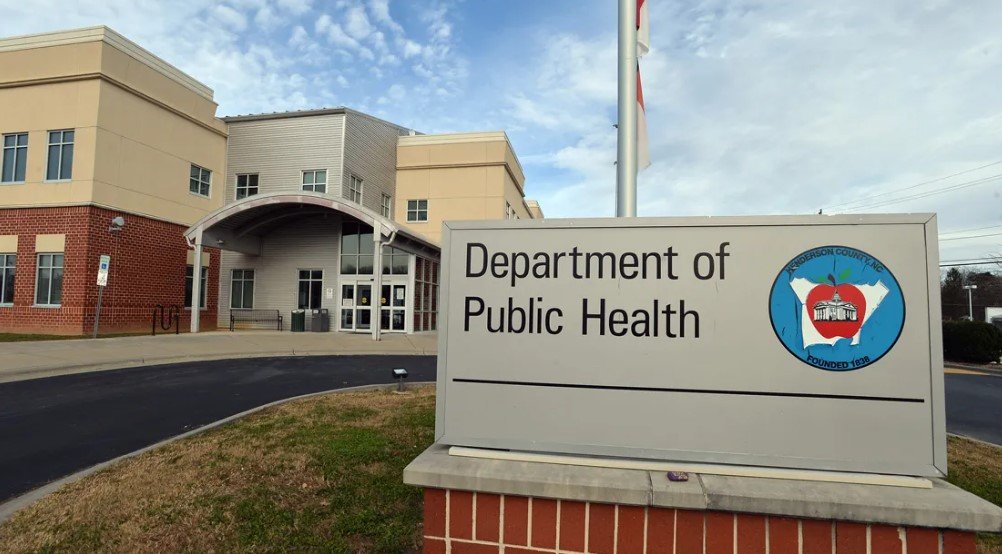In the wake of rising sexually transmitted infections (STIs), Santa Barbara County’s Public Health Department is taking a proactive stance. With an increase in cases post-pandemic, the department is emphasizing the importance of STI testing and education during STI Awareness Week.
The Resurgence of STIs
After a period of decline during the pandemic, Santa Barbara County has seen a concerning uptick in STI cases. The Public Health Department’s recent data indicates a notable increase in infections such as chlamydia, gonorrhea, and syphilis. This resurgence underscores the need for continued vigilance and proactive measures to combat the spread of these infections.

The county’s approach focuses on education and open communication. Health officials urge residents to engage in honest discussions with their healthcare providers and partners about sexual health and STIs. They emphasize that many STIs do not present symptoms, making regular testing crucial for early detection and treatment.
Testing and Prevention
Santa Barbara County is making concerted efforts to facilitate accessible STI testing for its residents. The Public Health Department encourages individuals to utilize available resources, including free self-test kits for those over 18. These initiatives aim to reduce the stigma surrounding STIs and promote a culture of prevention and responsible sexual health practices.
The department’s message is clear: prevention starts with awareness. By using condoms correctly and consistently, discussing testing history with partners, and following through with healthcare provider recommendations, individuals can significantly reduce their risk of contracting or spreading STIs.
Treatment and Support
For those who test positive for an STI, Santa Barbara County offers comprehensive support and treatment options. The Public Health Department stresses the importance of completing prescribed treatments and avoiding sexual activity until the course is finished and all partners are treated. This approach ensures effective recovery and helps prevent the further transmission of infections.
The county’s strategy also includes addressing the alarming rise in congenital syphilis cases. By focusing on early syphilis detection in childbearing individuals, the department aims to prevent this entirely avoidable disease from affecting newborns.